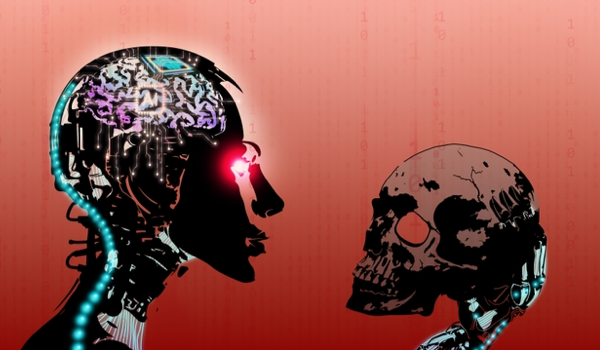


LONDON - In late 2022, the San Francisco-based company OpenAI released its chatbot, ChatGPT, triggering an artificial intelligence (AI) gold rush and reigniting the age-old debate about the effects of automation on human welfare.
The fear of displacement by machines can be traced back to the nineteenth-century Industrial Revolution, when groups of English handloom weavers - known as Luddites - began destroying the power looms that threatened their livelihoods. The movement, which peaked between 1811 and 1817, was ultimately suppressed by government forces, and its leaders were executed or exiled to Australia.
However, the Luddites’ arguments found an unexpected - and somewhat ironic - champion in renowned economist David Ricardo, who argued in his 1817 book On the Principles of Political Economy and Taxation that “the opinion entertained by the labouring class, that the employment of machinery is frequently detrimental to their interests, is not founded on prejudice and error, but is conformable to the correct principles of political economy.” The British economist Nassau Senior, for his part, advised the weavers to “get out of that branch of production.”
They ended up doing just that: 250,000 handloom jobs disappeared between 1820 and 1860. But while mechanization ended up benefiting human workers - the United Kingdom’s population and per capita real income multiplied over the same period - it adversely affected horses, whose numbers fell sharply as trains - and, later
The content herein is subject to copyright by Project Syndicate. All rights reserved. The content of the services is owned or licensed to The Yuan. The copying or storing of any content for anything other than personal use is expressly prohibited without prior written permission from The Yuan, or the copyright holder identified in the copyright notice contained in the content. Continue with Linkedin
Continue with Linkedin
 Continue with Google
Continue with Google









 808 views
808 views








